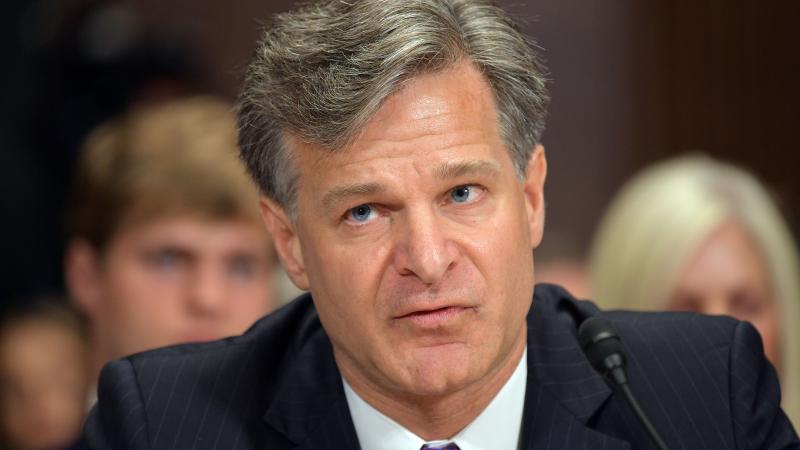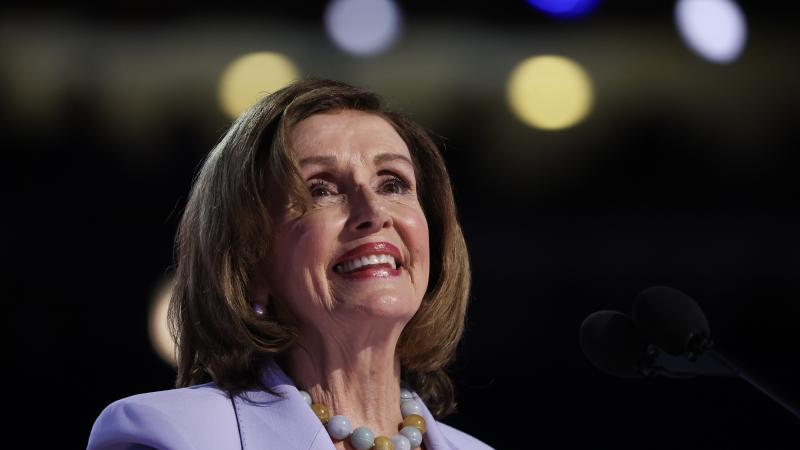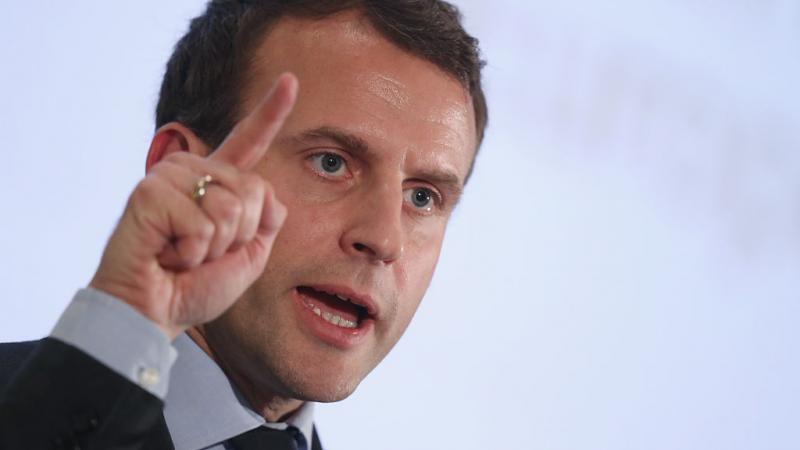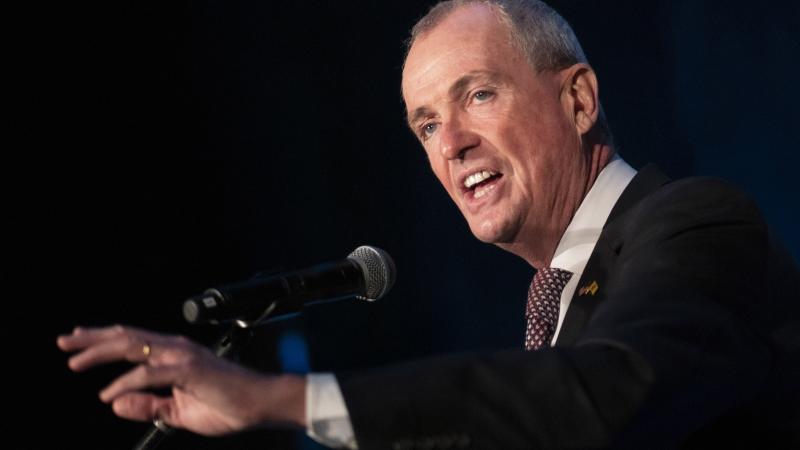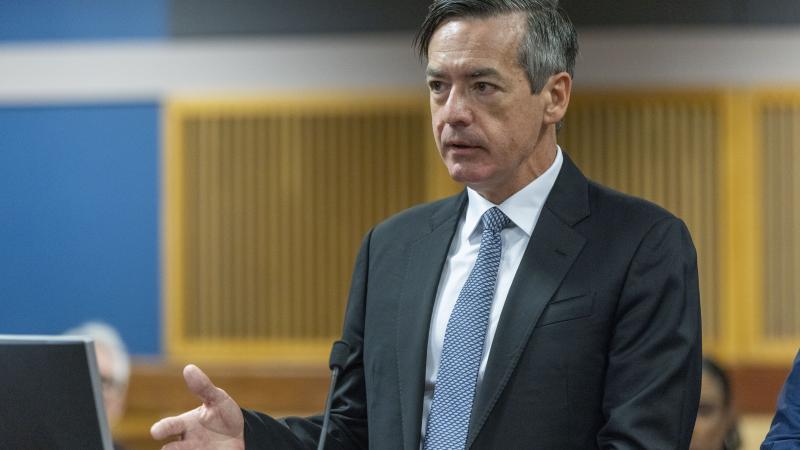Not the time to 'pinch pennies:' Congressman suggests delaying debt reduction until after pandemic
Rep. Dean Phillips (D-Minn.) warned that the $484 billion in interest the U.S. has paid so far this year on the national debt prevents the country from spending money in other domestic areas.
Rep. Dean Phillips (D-Minn.) told Just the News that Congress should focus on deficit reduction after the pandemic ends, but now is not the time to "pinch pennies" despite the record deficit and rising national debt.
Phillips also warned that the interest the U.S. is paying on the national debt is preventing the country from spending in other areas of need.
The deficit is projected to hit a record $3.3 trillion this year, and the national debt will exceed the size of the U.S. economy by 2021, according to a recent Congressional Budget Office report. The national debt is approaching $27 trillion.
"It's time that Democrats and Republicans, when we emerge from this, to start looking at how we spend more efficiently, more effectively, and share the burden appropriately and responsibly," Phillips said on Tuesday during an interview on Capitol Hill. "That is not a political statement. That's just a pragmatic statement. And the time to pinch pennies is not now — the time to do so and look at it, you know, with a more thoughtful perspective is hopefully when we emerge from this, but we're not going to emerge from this unless we invest right now."
So far in fiscal year 2020, the U.S. has spent $484 billion on debt interest expenses, according to Treasury Department data. Phillips warned that the interest on the rising national debt poses a problem for the fiscal health of the country.
"Few of us have calculators that can add up that number of zeros and that means that we're spending over $400 billion a year on debt service," the lawmaker said. "That is $400 billion a year we can't invest in kids and in schools and in health care in our communities and broadband and transit."
Phillips is a member of the Congressional Problem Solvers Caucus, which recently rolled out a $1.5 trillion coronavirus stimulus proposal as an alternative to the House-passed $3.4 trillion HEROES Act.



